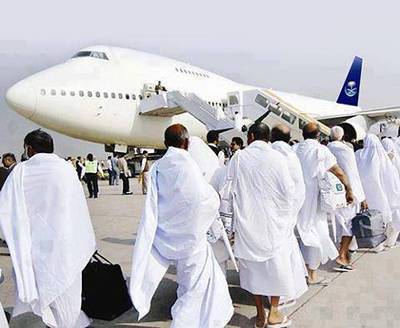To The Best Of Your Propensity
Sabab al-wurud (reasons and background of a prophetic narration) is very important to enable us to properly comprehend its meaning. This prophetic narration can be understood by knowing its background. It was related during an incident where the Prophet, sallallahu ‘alayhi wasallam, is reported to have said: “Allah has commanded you to perform Hajj. So perform Hajj, O servants of Allah.” Then a man stood up and said: “O Prophet of Allah, do we have to do it every year?” Then the Prophet, sallallahu ‘alayhi wasallam, said: “That whatever I forbid you to do, avoid it and whatever I command you to do, do it as much as you can.”
Lessons
The incident above was during the time of revelation. Asking too many questions about an obligation may result to complications and confusions. The Prophet, sallallahu ‘alayhi wasallam, was not happy with the question raised by the man for it could have resulted in making the Hajj to be performed every year by each Muslim if the answer was yes to that question. –
However, asking questions in the proper way is encouraged as understood from the first hadith in this Forty Hadith collection. In fact, the Prophet, sallallahu ‘alayhi wasallam, used questions and answers in educating his Companions. Questions that result to knowledge and goodness are encouraged. What is proscribed and discouraged are questions that will lead to confusion, doubt and chaos in the community, like asking questions about unnecessary details.
One important characteristic of Shariah, i.e. Islamic Law, is its flexibility and dawn to earth nature. One’s capacity is regarded and taken into consideration in fulfilling obligations.
A Muslim is encouraged to do good actions based on his/her propensity and capacity. Hence Hajj is performed when one has the ability and facility to do so. However if one is tied-up with loans or with other clashing obligations, then there is room for delaying it for another time.
This is supported and buttressed by the Qur’anic verse: “…And Hajj to the House (Kaabah) is a duty that mankind owes to Allah, those can afford the expenses…” [Surah Al-Imran (3): ayat 97].
In other actions such as prayers, the Prophet’s, sallallahu ‘alayhi wasallam, statement “perform as much as you can” can also mean to perform it at the preferred time and mode (in congregation).
However as a result of unavoidable circumstances, they can be performed later within the specified time. Similarly, a person who is not able to stand during the prayer may pray while sitting. Flexibility is also attributed to other obligations such as fasting. For example, one may break the fast while traveling or if he or she is sick and make it up on other days.
The proscribed must be totally avoided by the Muslim to the extent that whatever leads to haram (prohibited act) must be avoided as well, even without intention of indulging in it. By refraining from acts that can lead to a prohibited act, we are actually safeguarding ourselves from falling into the ocean of the forbidde




No comments yet
Be the first to share your thoughts!